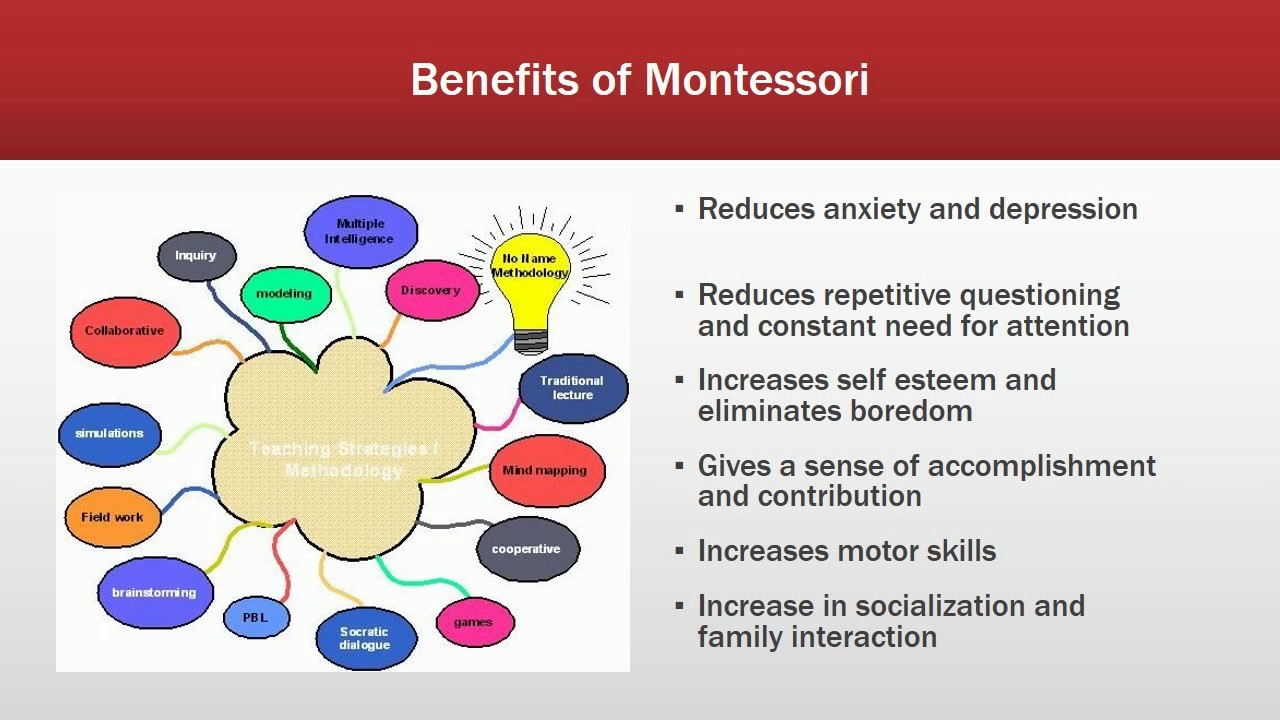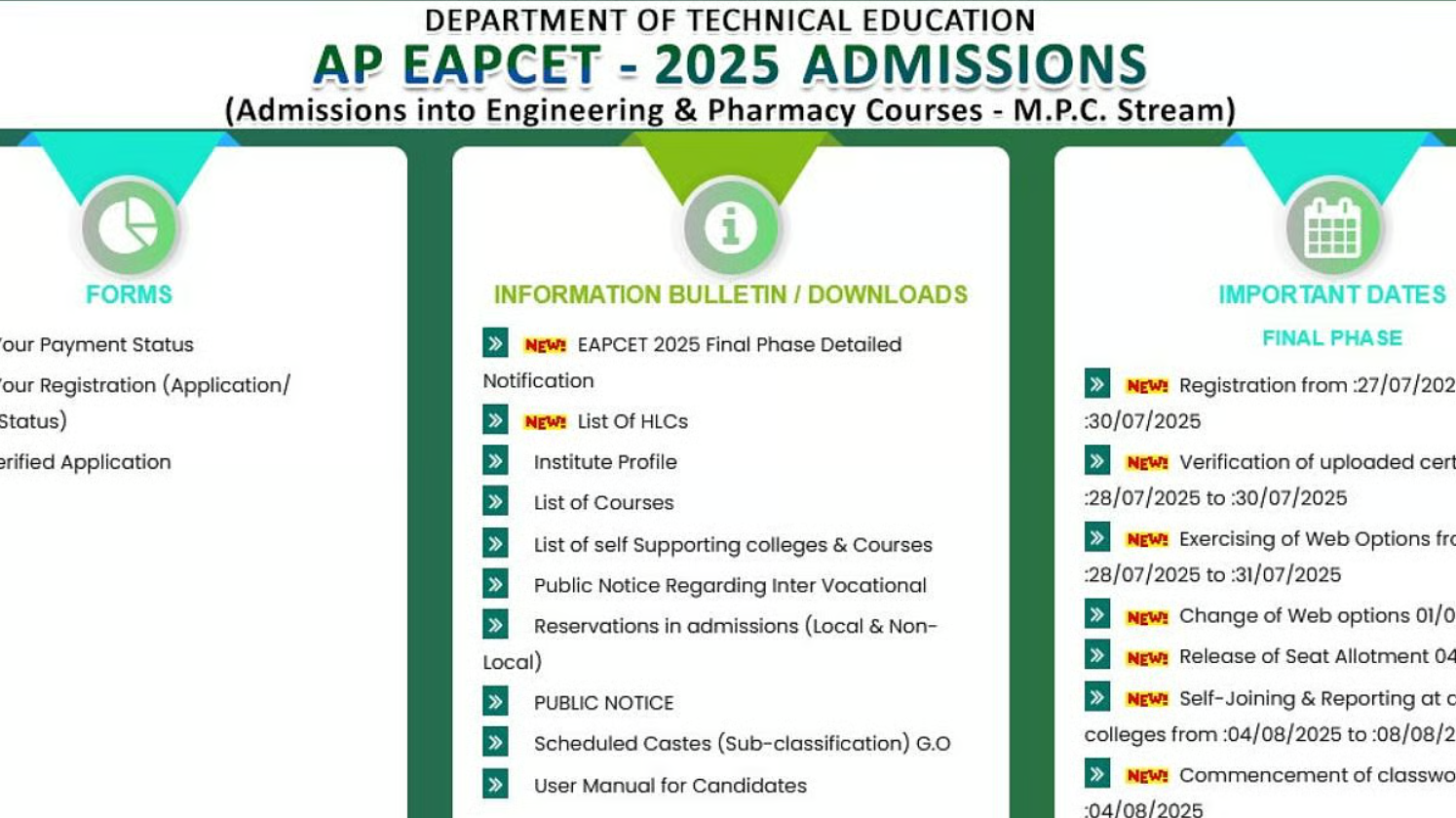Benefits of Montessori Education
In this article, we will explore the numerous benefits of Montessori education. Montessori education is a unique approach to learning that focuses on the individual needs and abilities of each child. It encourages independence, self-motivation, and a love for learning. By understanding the benefits of Montessori education, parents and educators can make informed decisions about their child’s educational journey.
Enhanced Cognitive Development
One of the key benefits of Montessori education is its focus on enhancing cognitive development. Montessori classrooms are designed to stimulate curiosity and critical thinking. Through hands-on activities and materials, children are encouraged to explore and discover knowledge at their own pace. This approach fosters problem-solving skills, creativity, and a deep understanding of concepts.
Promotes Independence and Self-Discipline
Montessori education empowers children to become independent and self-disciplined individuals. The Montessori method encourages children to take responsibility for their learning and actions. In a Montessori classroom, children have the freedom to choose their activities and work at their own pace. This freedom fosters self-motivation, decision-making skills, and a sense of personal responsibility.
Individualized Learning Experience
Another significant benefit of Montessori education is its focus on individualized learning. Montessori educators recognize that each child is unique and has their learning style and pace. In a Montessori classroom, educators tailor the curriculum and activities to meet the specific needs and interests of each child. This personalized approach ensures that children are engaged and challenged at their appropriate level.
Social and Emotional Development
Montessori education places great emphasis on social and emotional development. In a Montessori classroom, children learn to work collaboratively, respect others, and develop empathy. Mixed-age classrooms allow younger children to learn from older ones, fostering a sense of community and cooperation. Montessori education also provides opportunities for children to develop emotional intelligence, self-awareness, and conflict-resolution skills.
Preparation for Life
Montessori education goes beyond academic learning and prepares children for life beyond the classroom. The focus on practical life skills, such as self-care, organization, and problem-solving, equips children with essential life skills that they can carry into adulthood. Montessori graduates often demonstrate strong leadership qualities, adaptability, and a lifelong love for learning.

Montessori education offers numerous benefits that contribute to a child’s overall development. From enhanced cognitive abilities to promoting independence and self-discipline, the Montessori approach provides a solid foundation for lifelong learning. By recognizing the importance of individualized learning and fostering social and emotional development, Montessori education prepares children for success in both academic and personal pursuits.
Frequently Asked Questions about the Benefits of Montessori
1. What are the advantages of Montessori education?
Montessori education offers several benefits such as fostering independence, promoting hands-on learning, and developing critical thinking skills.
2. How does Montessori help in the social development of children?
Montessori classrooms encourage collaboration, respect, and empathy among children, which helps in their social development and builds strong interpersonal skills.
3. Does Montessori education support individualized learning?
Yes, Montessori education emphasizes individualized learning by allowing children to progress at their own pace and explore subjects based on their interests and abilities.
4. Can Montessori education enhance creativity in children?
Absolutely! Montessori classrooms provide a nurturing environment that stimulates creativity through hands-on activities, freedom of choice, and exposure to various art forms.
5. How does Montessori promote a love for learning?
Montessori education encourages a love for learning by fostering a child’s natural curiosity, providing a prepared environment that sparks interest, and allowing them to actively engage in their education.
6. Are Montessori graduates successful later in life?
Studies have shown that Montessori graduates tend to excel academically, possess strong problem-solving skills, and demonstrate adaptability, making them successful individuals in various fields.
7. Does Montessori education benefit children with special needs?
Yes, Montessori education can be adapted to cater to the unique needs of children with special needs, providing them with a supportive and inclusive learning environment.
8. How does Montessori promote a sense of responsibility in children?
Montessori classrooms encourage children to take responsibility for their learning, care for their environment, and contribute to their community, fostering a sense of responsibility from an early age.
9. Can Montessori education help in developing problem-solving skills?
Absolutely! Montessori education emphasizes hands-on learning, critical thinking, and problem-solving activities, which help children develop strong analytical and problem-solving skills.
10. Does Montessori education support the holistic development of children?
Yes, Montessori education focuses on the holistic development of children by nurturing their intellectual, emotional, social, and physical growth, ensuring a well-rounded education.




